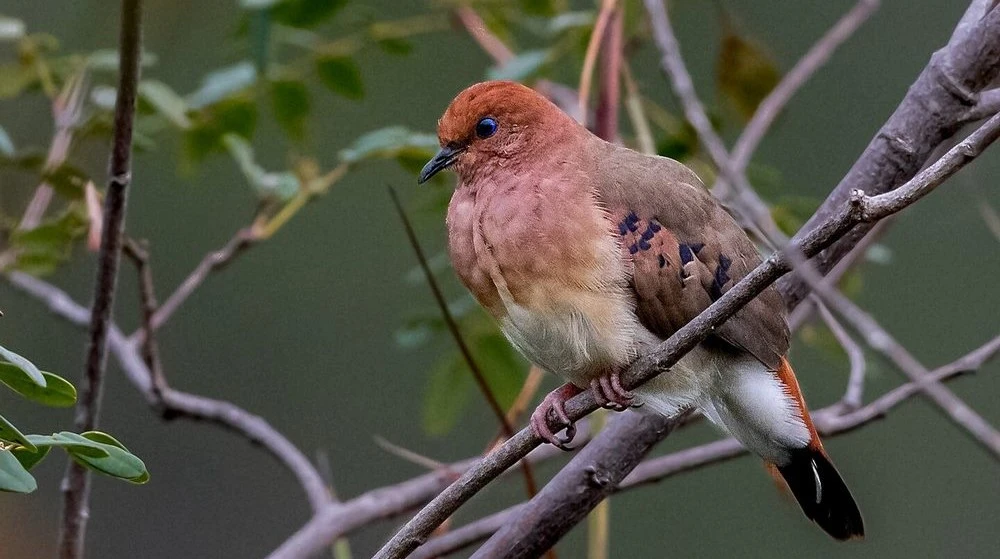Breakthrough: UK Zoo Helps Hatch Three of World’s Rarest Birds — the Critically Endangered Blue-Eyed Ground Dove
In a major win for global bird conservation, Chester Zoo and a team of international experts have successfully hatched and hand-reared three blue-eyed ground dove chicks — one of the rarest birds on Earth, with only 11 known individuals remaining in the wild.
The chicks were born in Minas Gerais, Brazil — the species’ only known habitat — and represent a critical boost to the endangered dove’s insurance population, offering hope for the survival of a species once thought extinct.
A Bird Thought Lost Now Gets a Second Chance
The blue-eyed ground dove (Columbina cyanopis) was lost to science for over 70 years, with no confirmed sightings until a stunning rediscovery in 2015. Now, fewer than two dozen are believed to exist, making this conservation breeding effort a potential lifeline for the species.
“It’s a real privilege for Chester Zoo to be involved,” said Andrew Owen, Chester Zoo’s Head of Birds. “This bird may be lost forever without the dedication and passion of the conservationists involved.”
Behind the Scenes: A Global Conservation Effort
The effort was led by Parque das Aves and SAVE Brasil, with support from Chester Zoo in the UK and both Toledo Zoo and Bronx Zoo in the U.S.
Andrew Owen and Chester Zoo bird keeper Victoria Kaldis traveled to Brazil to assist in egg incubation and chick rearing, offering crucial technical support during this high-stakes process.
“Each hatching represents a real chance to reverse the fate of this species,” said Paloma Bosso, Technical Director of Parque das Aves. “It is a joy and also a great responsibility.”
The chicks, all hand-reared, double the existing conservation-breeding population and bring the total number at Parque das Aves to six.
Why the Blue-Eyed Ground Dove Is So Rare
The dove once had a broad distribution across Brazil’s Cerrado biome, but deforestation, agriculture, and timber plantations decimated its habitat. Today, the only known wild population lives in Botumirim, Minas Gerais — a region under increasing environmental pressure.
A 2025 field census confirmed the species remains critically rare.
The Next Steps: A Future in the Wild?
With the chicks thriving under expert care, hopes are growing that this conservation success will pave the way for a full recovery program, including possible reintroductions into protected wild habitats in the future.
“The blue-eyed ground dove depends on the efforts of many people and institutions so that its song can be heard in the Cerrado for many years to come,” said Ben Phalan, Head of Conservation at Parque das Aves.
